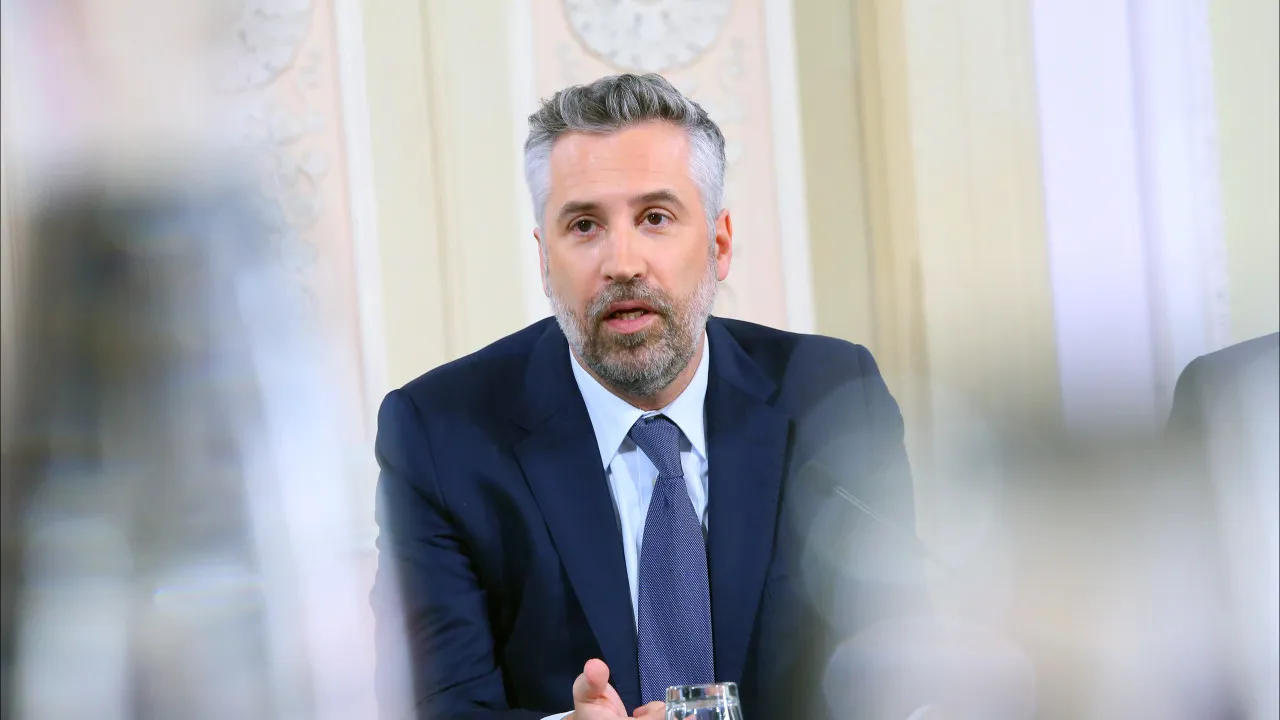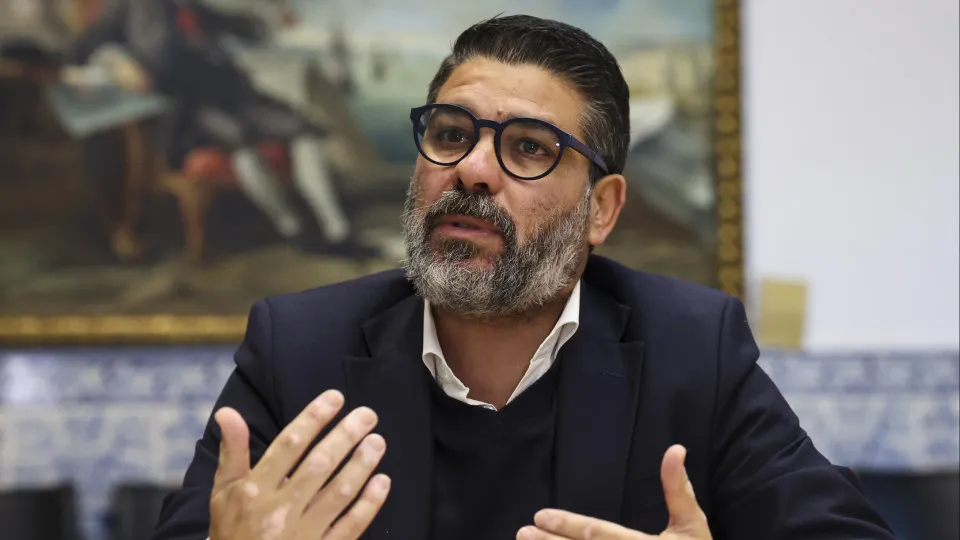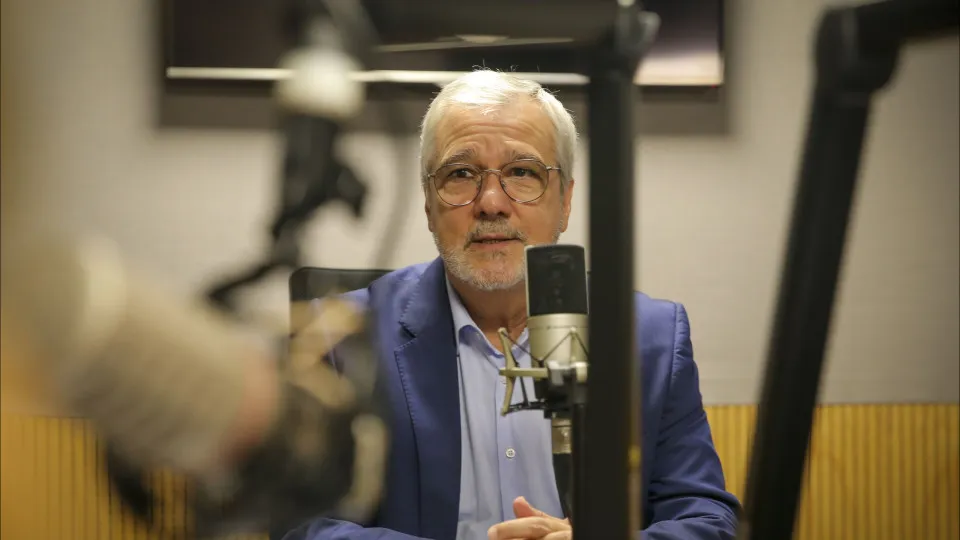
“What the prime minister does in the midst of a strike is blackmail, is to threaten Portuguese workers with a change to the strike law. That is unacceptable, and I want to say that it will not pass,” Pedro Nuno Santos told journalists during the start of a march in Covilhã.
For the PS leader, this statement by the prime minister “is an insult to democracy.”
“There is a strike taking place with 100% adherence. The government failed in the negotiation and now wants to blame the unions, the parties,” he condemned, admitting that he “didn’t want to believe” what he heard.
In Pedro Nuno Santos’ view, this stance by the PSD president “is an affront to democracy, it is an affront to one of the greatest achievements of April, which is the right of workers to organize to claim their rights.”
“It reveals authoritarianism, reveals disrespect for workers’ rights, reveals disrespect for one of the most fundamental rights of a state governed by law,” he accused.
For the PS leader, Montenegro “can only complain about his own government.”
“A year ago, the PS ran a campaign with permanent protests, for example from the security forces. Never in life would you hear a PS leader say that it is necessary to put things in order, that it is necessary to review the strike law,” he said.
Reiterating an idea he had already defended the day before in Évora, that this 100% strike was not possible with just union leaders, Pedro Nuno Santos argued that “a strike is resolved with a lot of dialogue.”
“As I managed to resolve the strike of hazardous materials drivers [in 2029]. That requires dialogue, it requires work, not attacks on democracy,” he emphasized, noting that “one of the greatest victories of April is the right to strike.”
In the opposition leader’s opinion, it is “unthinkable, unacceptable for a prime minister” to want “to protest against the right to strike” because “he is bothered by a strike in the middle of a campaign,” pointing out that, a year ago, when the PS was in government, Montenegro “was not bothered by the protests that existed” concerning the previous executive.
The PSD president and Prime Minister, Luís Montenegro, argued today that there were “political, party, and electoral influences” that did not avoid the CP strike and stated that it might be necessary to amend the law to balance the right to strike with other rights.
“My conviction and the conviction of the government members who intervened in this process is that, clearly, the political, party, and electoral influences ultimately did not prevent what was the normal outcome of a negotiation process,” said Montenegro.
The CP strike, which continues until May 14, was called against the imposition of salary increases “that do not restore purchasing power,” for the “collective bargaining of decent wage increases” and for the “implementation of the restructuring agreement of salary scales, as negotiated and agreed,” according to the unions.
The strike had a significant impact between Tuesday and today due to the higher number of unions (14) that joined the stoppage on these days.
By decision of the Arbitration Court, these strikes do not have minimum services.
[News updated at 1:29 PM]




